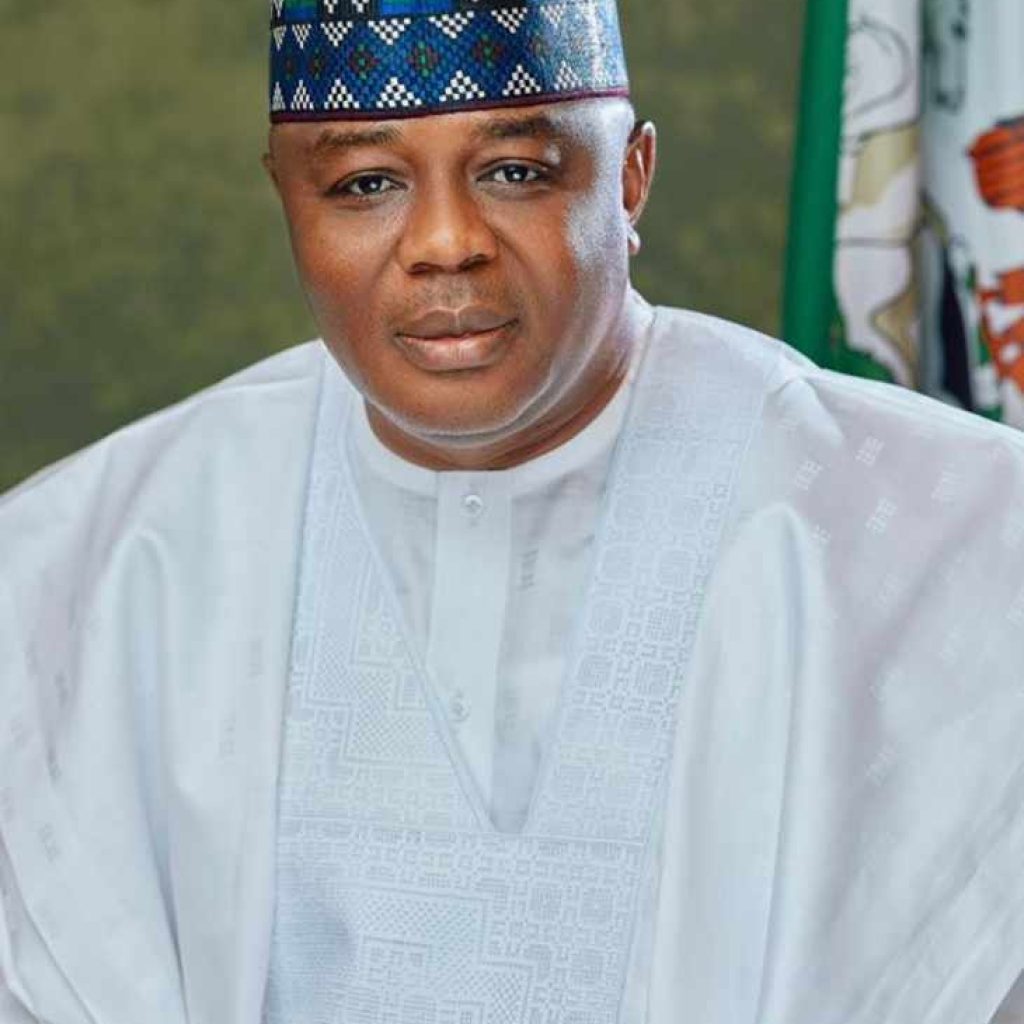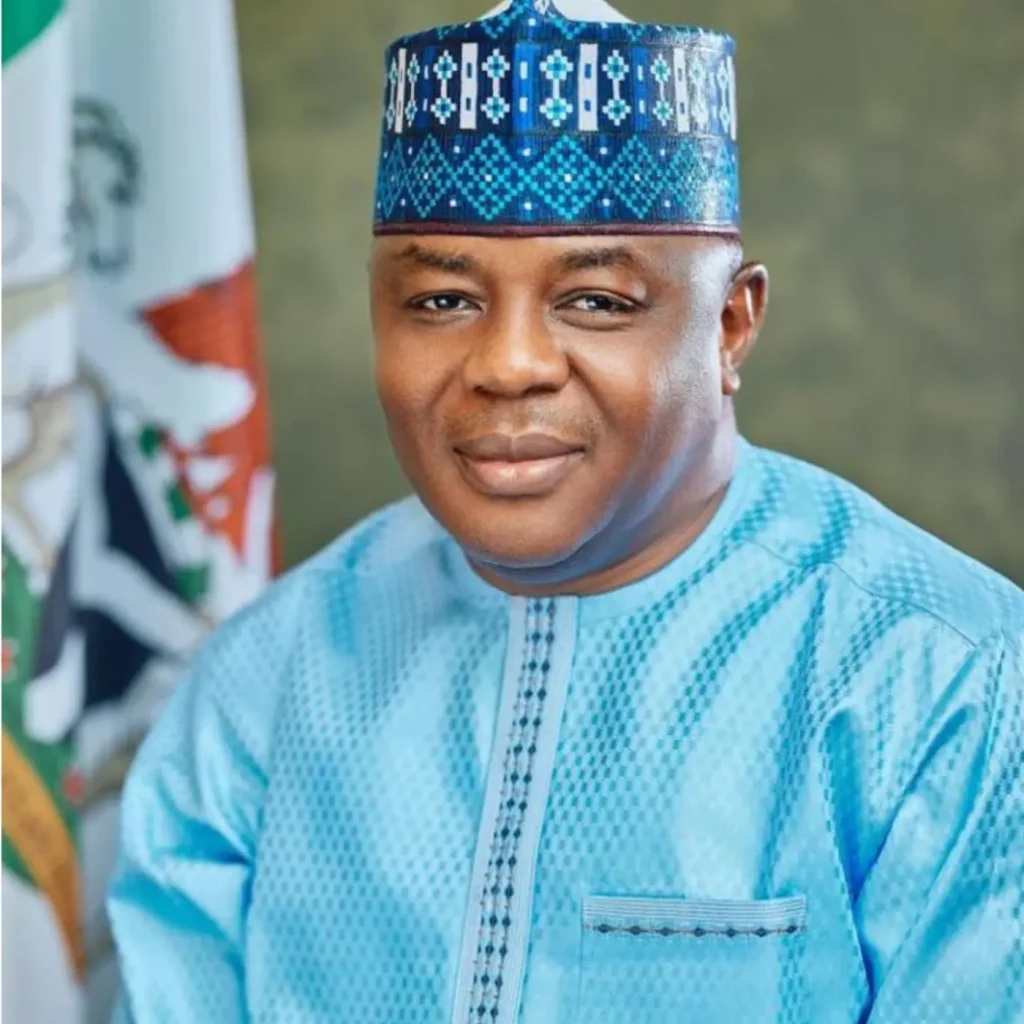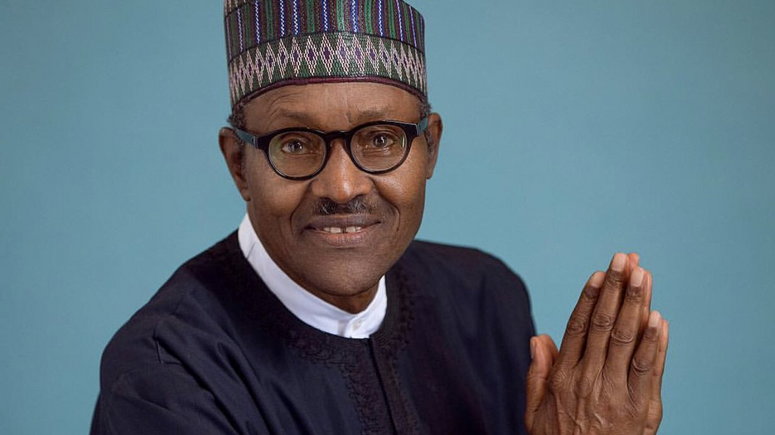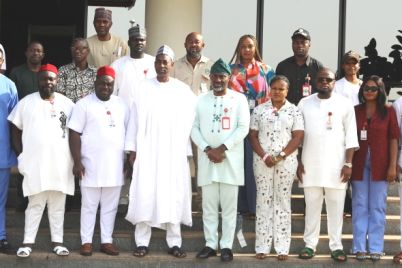
A former Chairman of the House Committee on Army, Hon. Muktar Betara (APC, Borno), has raised alarm over chronic underfunding of Nigeria’s security institutions, warning that the country cannot win the war against insurgency and banditry without a complete overhaul of military financing and procurement systems.
Speaking on behalf of the North-East during the House of Representatives special debate on national security, Betara noted that despite a ₦1.3 trillion defence allocation in 2025, the spending pattern remains “disturbingly skewed.”
“The Air Force has no capital budget at all — only recurrent. Out of the ₦1.2 trillion recurrent allocation, ₦900 billion is overhead. How do you expect them to procure equipment, aircraft or technology?”he asked.
Betara said long-standing concerns raised during his tenure as committee chairman still persist.
“There are issues with military procurement — very serious issues — and if we do not address them, the insecurity challenge will continue,”he warned.
Former Deputy Speaker Hon. Ahmed Idris Wase said no amount of funding will produce results if the recruitment system continues to admit criminals into the security forces.
“There was a time Boko Haram members appeared on the Army recruitment list. Armed robbers and gang members were also found on lists for the Army and Police,”he revealed.
He urged lawmakers to stop recommending unfit candidates for security jobs.
“If you put criminals in uniform, you cannot solve the insecurity problem. We must recommend people of integrity,” Wase said.
Representing the North-West, Hon. Sada Soli (APC, Katsina) described insecurity in the zone as a structural and environmental crisis, not just criminality.

“A purely kinetic or military response will not work. We must address land issues, climate pressures and rebuild trust in state institutions,”he argued.
Hon. Kafila Kogbara (APC, Lagos) insisted that state governments must take greater responsibility for security.
“The President cannot be in all 36 states. Governors must do more,”she said.
Kogbara also advocated a national safe-schools framework, compulsory deployment of security teams in high-risk schools, CCTV coverage, early-warning sensors and stronger communication links with security agencies.


